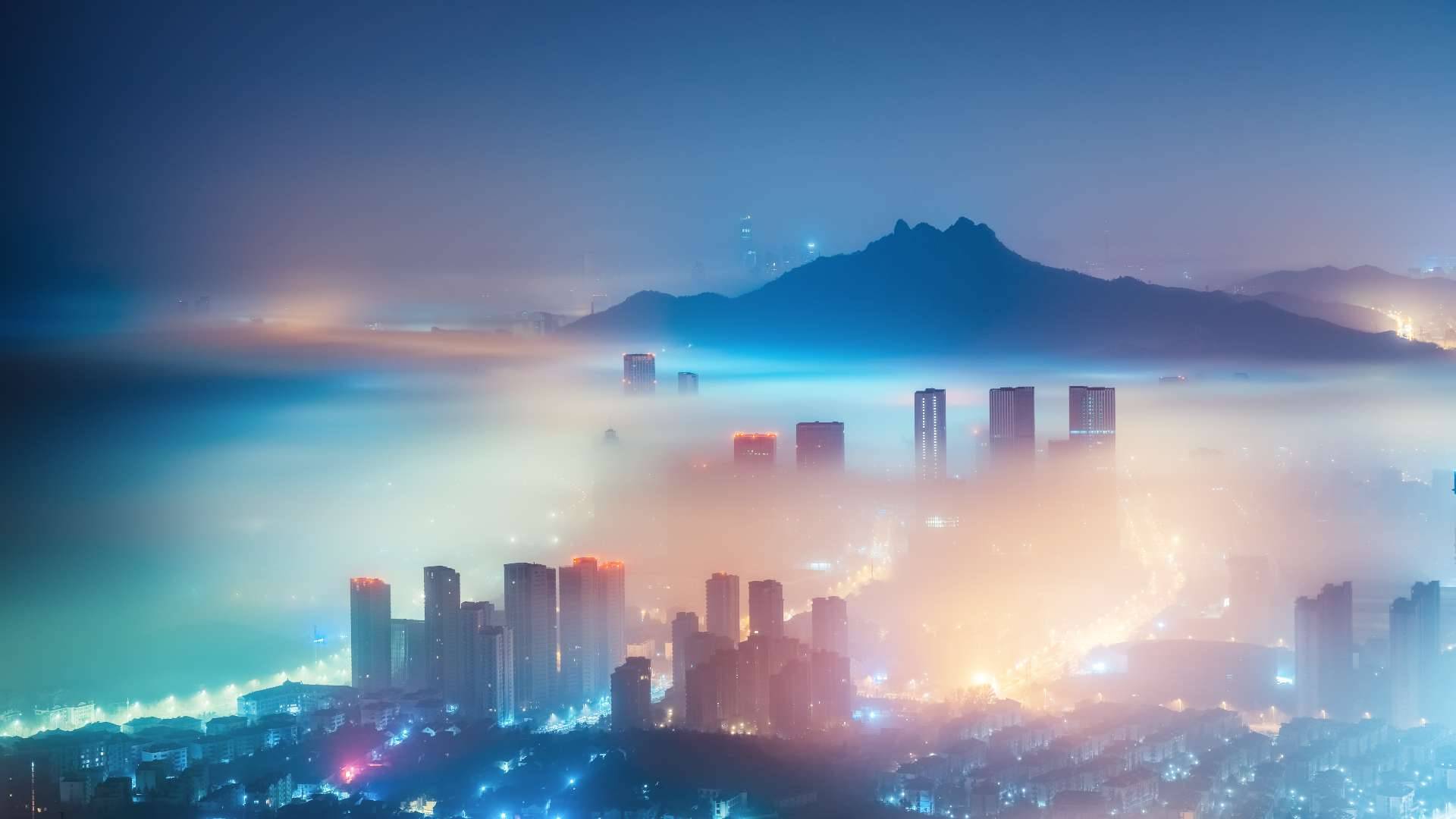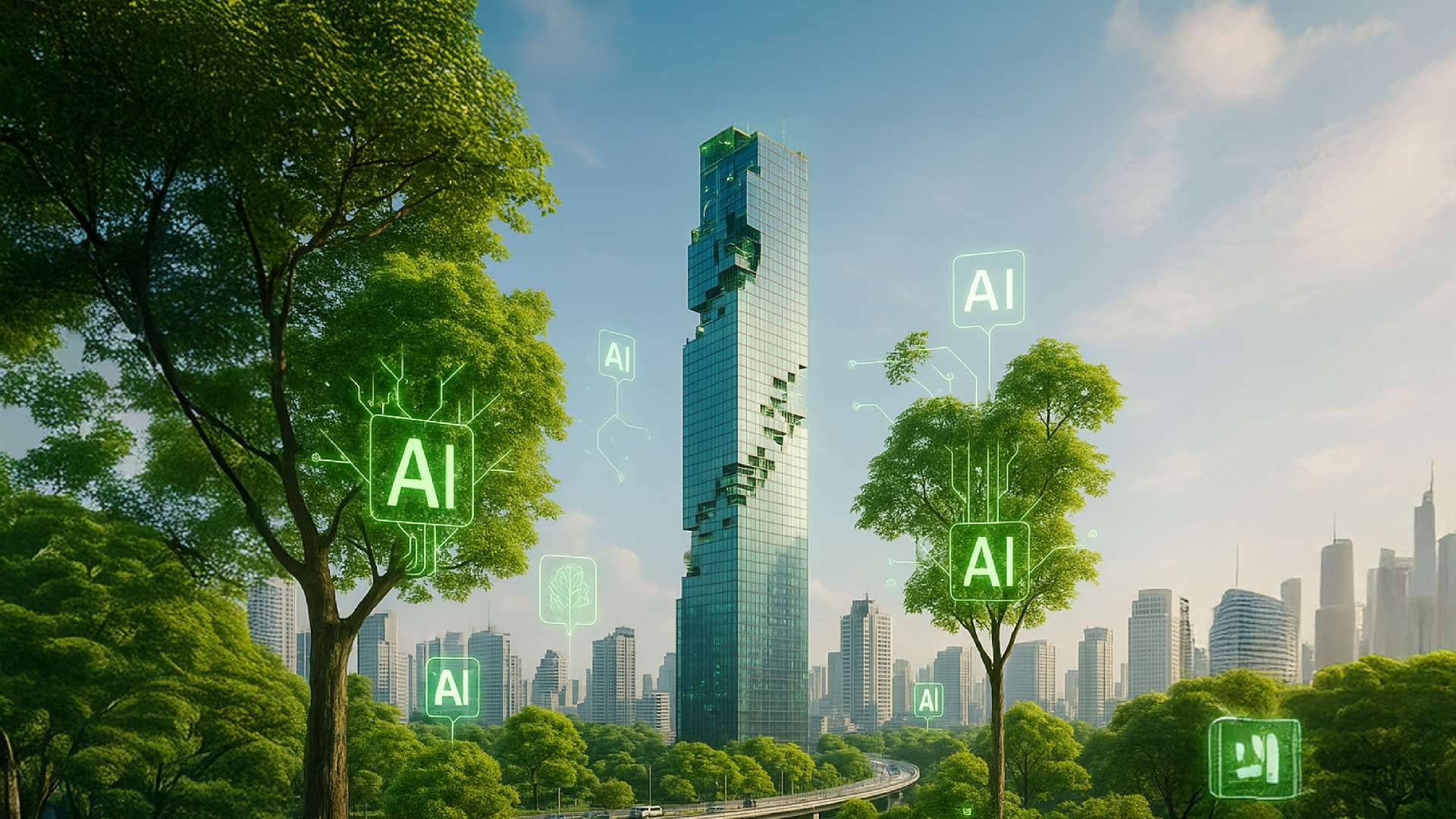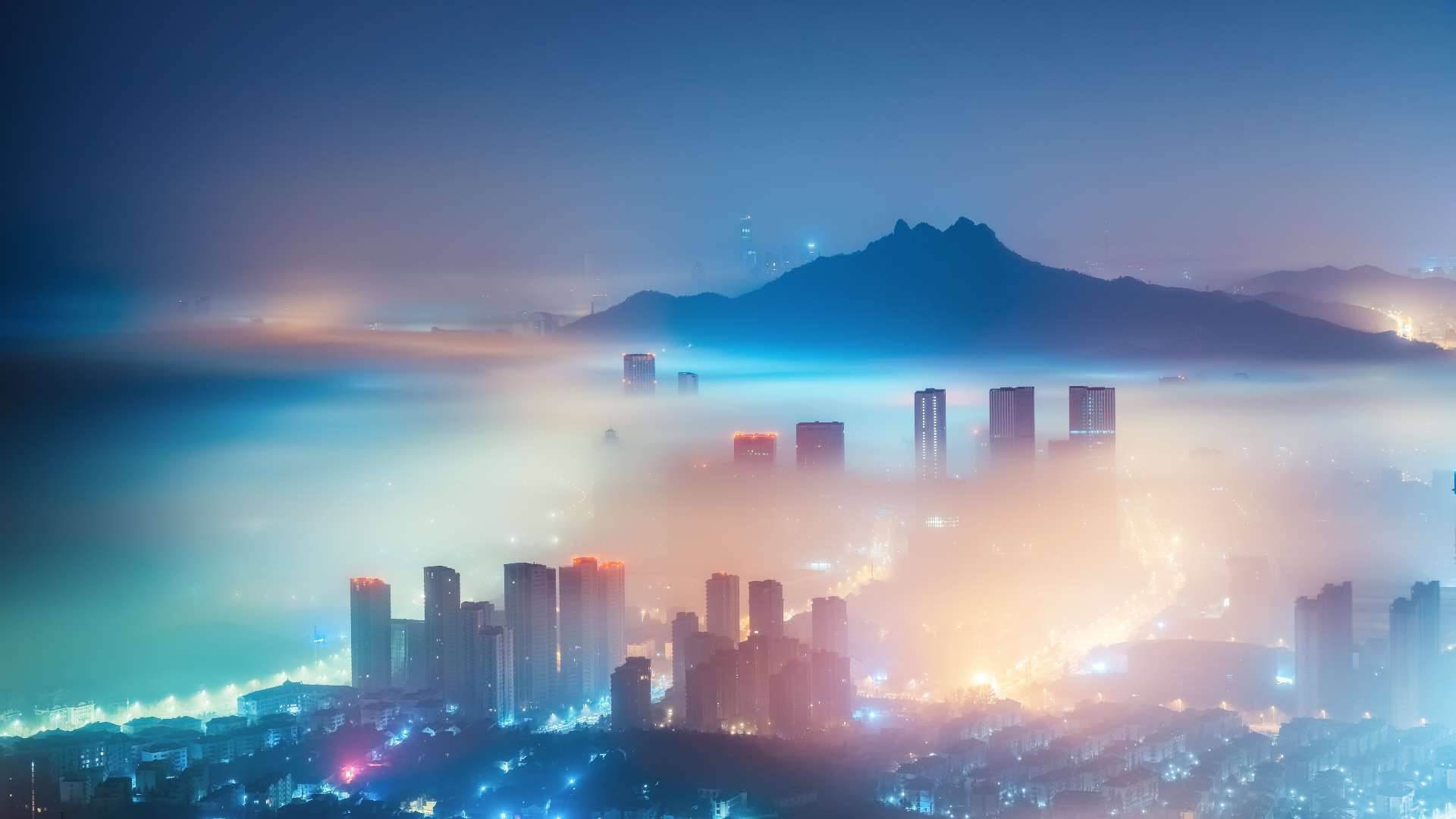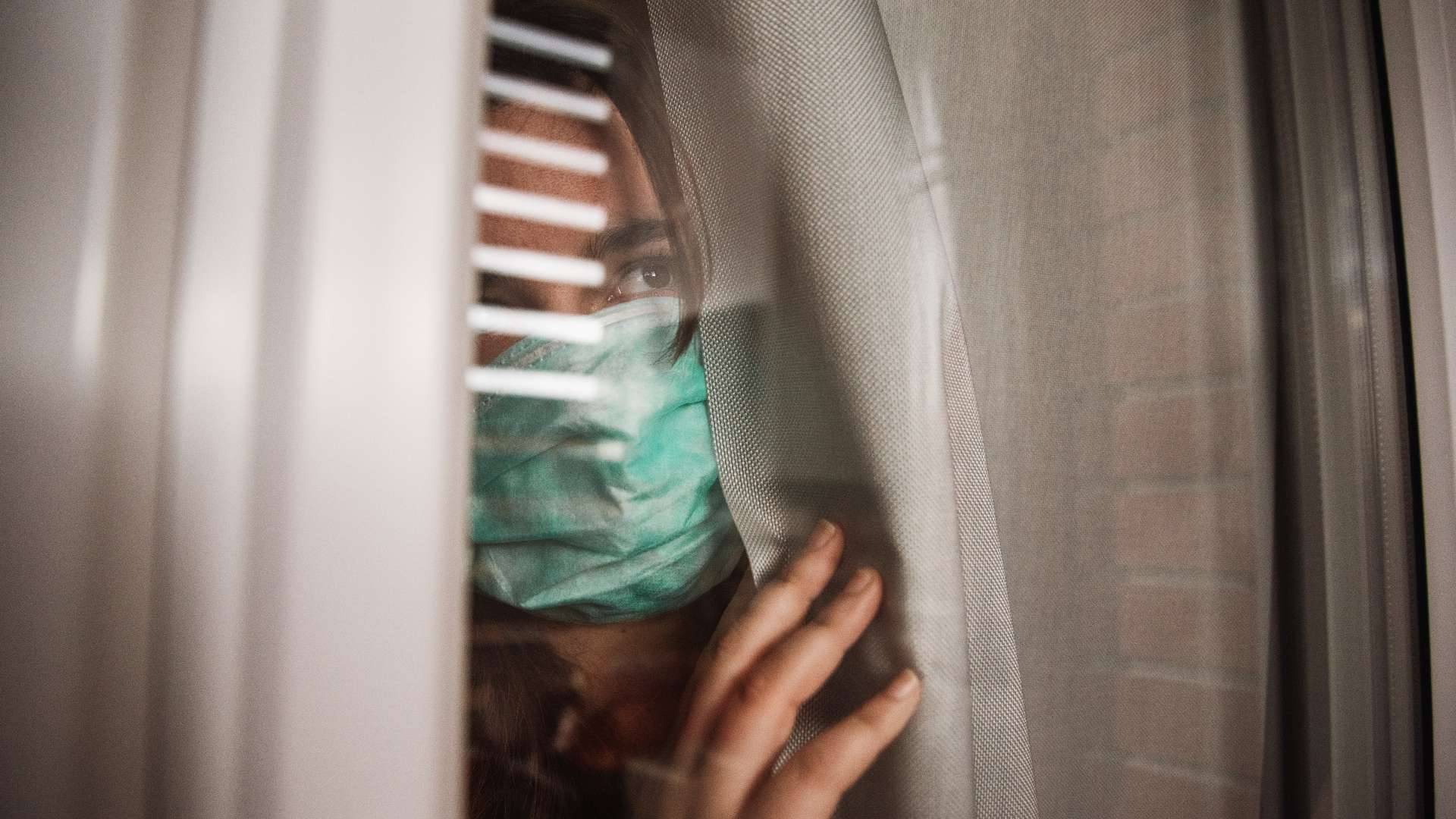
Light Pollution in Urban Areas is A New Threat to Human Health
ARTICLES | Jun 26, 2021
Urbanization often comes with electrical lighting that harms organisms that depend on natural light and affects our well-being without our realizing it.
The United Nations estimates that 7 out of 10 of the world's population will live in cities by 2050. Many studies have confirmed that brightness regulates the biological clocks of organisms including humans. These clocks affect 10-15% of the genes that control energy systems in daily activities.
Light pollution from electrical lighting interferes with the systems that determine our energy levels and rest. We experience abnormal sleep and risk insomnia, depression, heart disease, and cancer. Ultimately, the magic of lights can be life-threatening. Light pollution is more of a threat than we may realize.
Implications for the future:
- Home lighting may raise health concerns. We should focus on keeping the intervals in our daily routine balanced.
- Adjusting and arranging the lighting in urban areas and homes for good health deserves more attention.
- Light architects must acquire and apply therapeutic knowledge for sustainable well-being.
- Dark therapy may become a key approach for restoring mental health.
Credit: https://unhabitat.org/.../global-urban-observatories-network












